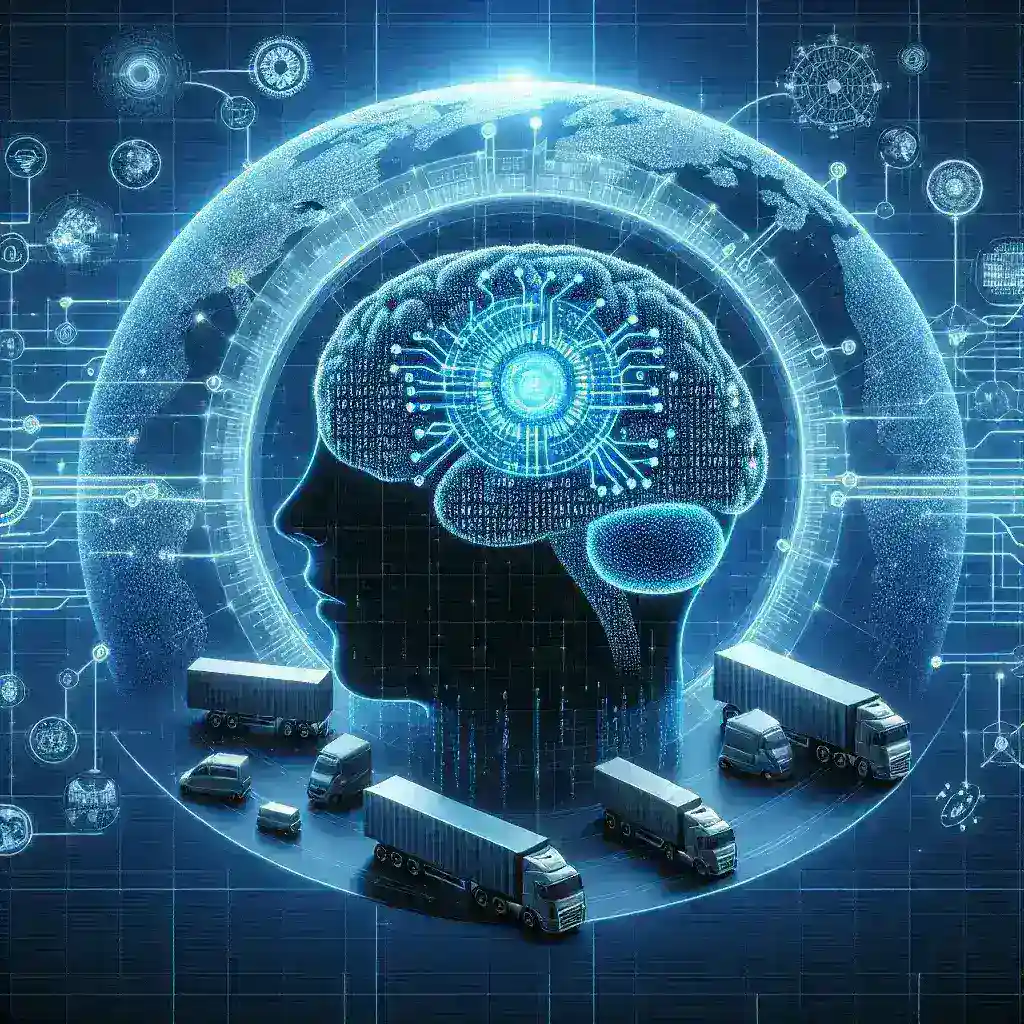Artificial Intelligence (AI) is rapidly transforming various industries, with supply chain management standing out as one of the most affected sectors. The advent of AI in supply chain optimization is not just a passing trend; it is reshaping the way businesses operate, making processes more efficient and cost-effective. In this article, we will delve into the multifaceted impact of AI on supply chain optimization, exploring the benefits, implementation strategies, and future prospects.
What is Supply Chain Optimization?
Before we explore the impact of AI, it is essential to understand what supply chain optimization entails. Supply chain optimization involves the process of fine-tuning the flow of goods, information, and finances from the point of origin to the final customer. The goal is to maximize efficiency, reduce costs, and improve customer satisfaction.
The Role of AI in Supply Chain Optimization
AI technologies, including machine learning, predictive analytics, and robotic process automation, are increasingly being integrated into supply chain management systems. Here are some key areas where AI is making a significant impact:
- Demand Forecasting: AI algorithms can analyze historical data, market trends, and consumer behavior to predict future demand with greater accuracy. This enables businesses to adjust their inventory levels accordingly, reducing the risks of overstocking or stockouts.
- Inventory Management: AI-powered systems can monitor stock levels in real-time, automate reordering processes, and even predict future inventory needs. This leads to optimal inventory control, minimizing carrying costs and maximizing availability.
- Logistics and Transportation: AI can optimize route planning, predict potential delays, and automate shipments, leading to faster and more reliable delivery processes. This not only improves efficiency but also reduces transportation costs.
- Supplier Relationship Management: AI can evaluate supplier performance based on various metrics, such as delivery times, quality, and cost. This helps businesses select the best suppliers and negotiate better terms.
Benefits of Implementing AI in Supply Chain Optimization
The integration of AI in supply chain management offers numerous advantages, including:
- Cost Reduction: By optimizing various processes, AI can significantly reduce operational costs, from inventory management to transportation expenses.
- Increased Efficiency: AI-driven automation and predictive analytics streamline operations, enhancing overall efficiency and productivity.
- Enhanced Decision-Making: AI provides data-driven insights that enable better decision-making, minimizing risks and maximizing opportunities.
- Improved Customer Experience: Faster deliveries, accurate order fulfillment, and proactive issue resolution contribute to higher customer satisfaction.
- Scalability: AI systems can easily scale with business growth, making them suitable for companies of all sizes.
Challenges in Implementing AI in Supply Chains
Despite the numerous benefits, integrating AI into supply chain management is not without its challenges. Some of the common obstacles include:
- Data Quality: AI algorithms rely heavily on data. Poor data quality or incomplete data can lead to inaccurate predictions and suboptimal performance.
- Integration with Legacy Systems: Many companies still use outdated systems that may not be compatible with modern AI technologies. Integrating AI with these legacy systems can be complex and costly.
- High Initial Investment: Implementing AI solutions often requires significant upfront investment in hardware, software, and skilled personnel.
- Cybersecurity Concerns: As AI systems handle sensitive information, ensuring robust cybersecurity measures is crucial to protect against data breaches and cyber-attacks.
- Change Management: Introducing AI into an existing supply chain can require substantial changes in workflow, which may face resistance from employees.
Future Prospects of AI in Supply Chain Optimization
The future of AI in supply chain optimization looks promising. As technology continues to evolve, we can expect even more sophisticated AI solutions that offer deeper insights and greater automation. Emerging trends to watch out for include:
- AI and Blockchain Integration: Combining AI with blockchain technology can enhance transparency and security in supply chains, offering immutable records of transactions and end-to-end traceability.
- Advanced Robotics: The use of AI-driven robots in warehouses and distribution centers will increase, leading to more efficient handling, packaging, and shipping of goods.
- Autonomous Vehicles: The development of self-driving trucks and drones, guided by AI, will revolutionize logistics and delivery processes, ensuring faster and more reliable transportation.
- Enhanced AI Algorithms: Continuous advancements in AI algorithms will provide more accurate predictions and smarter decision-making capabilities, further optimizing supply chain processes.
- AI-Driven Sustainability: AI can help businesses achieve sustainability goals by optimizing energy use, reducing waste, and supporting eco-friendly practices.
Conclusion
The impact of AI on supply chain optimization is undeniable. From enhancing efficiency and reducing costs to improving decision-making and customer satisfaction, AI offers a myriad of benefits. While challenges exist, the future prospects are bright, with ongoing technological advancements promising even greater capabilities. Businesses that embrace AI in their supply chain strategies will likely gain a competitive edge, positioning themselves for long-term success.

